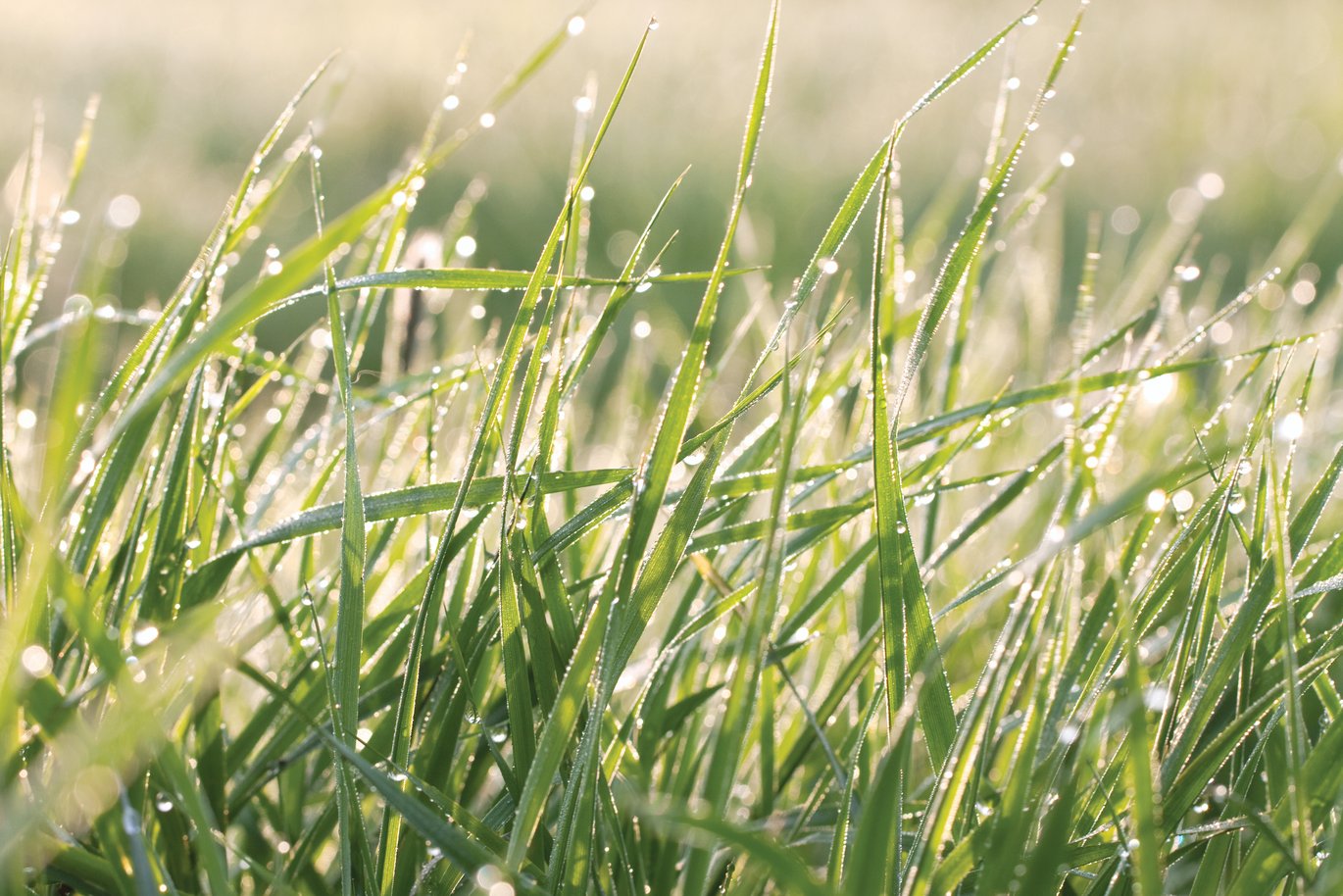Plantekongres 2022: Carbon farming - documentation of carbon storage with the MRV concept
With Carbon Farming, the goal is to remove CO2 from the atmosphere through targeted cultivation measures and achieve carbon storage in plants and soil. At this year's virtual Plantekongres, you have the opportunity to learn more about what Carbon Farming is, how to achieve carbon storage and not least, how to document the effect via the MRV concept.

Carbon Farming is a concept that covers the implementation of various cultivation initiatives such as specific land use and specific cultivation systems that help remove CO2 from the atmosphere and store carbon in soil and plant material. At a webinar in connection with the Plantekongres 2022, Professor Lars Juhl Munkholm from the Department of Agroecology will talk about how to achieve a net storage of carbon through changed practice, why it is important and not least how it can be documented.
“Carbon Farming is an important way in which we can reduce our climate footprint. This is done by storing carbon in the soil by practicing a specific form of cultivation. It has therefore become a key point in European and Danish climate and agricultural policy. Carbon Farming is supported, among other things via the so-called ECO schemes,” explains Lars Juhl Munkholm.
Eco-schemes are optional green schemes. Under Danish auspices, it can include:
- Environmentally and climate-friendly grass
- Extensification of lowland soils
- The MRV concept as documentation
As mentioned, Carbon Farming can result in increased carbon storage in plants and soil, but how can the effects be documented?
At the webinar, which will be held on Thursday 13 January 2022 at 11.15 - 12.00, Lars Juhl Munkholm will talk about the MRV concept, which can be used to document the Carbon Farming effects.
MRV stands for Monitoring, Reporting and Validation. It is thus a three-part concept with a focus on measuring and quantifying CO2 emissions and carbon storage. In the webinar, Lars Juhl Munkholm will discuss how the concept works in practice, as well as what the future looks like with more refined, better professionally substantiated and better controlled systems.
Virtual Plant Congress
This webinar is part of the Plant Congress 2022. Again this year, the Plant Congress is being held virtually due to the Covid-19 pandemic. But the content is still the same, now you can just follow the many exciting presentations at home from the living room when they are held as webinars. In addition to this webinar, you can hear about:
- How do we achieve high yields with few pesticides? - The strict approval system has reduced the number of pesticides, and few new active substances are approved. At the same time, several cases of resistance are seen in weeds and pests. It puts plant production under pressure. Therefore, it is important that IPM initiatives become an even more active part in the consciousness of both advisers and farmers. (Panel debate)
- Biochar's effect on agricultural soil - through pyrolysis, the carbon of the biomass is converted into very stable C-compounds. This means that it is not a food base for the micro and macro life of the field. On the other hand, biochar has potential as a carbon storage, and it has positive effects on both the soil's physics and chemistry.
- Effect of cover crops and plant residues on nitrous oxide - Plant residues can release nitrous oxide when mulched. But cover crops can also reduce nitrous oxide emissions by absorbing nitrogen and preventing leaching. Hear about the possibilities and complications of plant debris and cover crops to reduce nitrous oxide emissions.
Read more about Plantekongres 2022 here www.plantekongres.dk (in Danish)
Additional information | |
| Contact | Professor Lars Juhl Munkholm, Department of Agroecology, Aarhus University. Tel. +45 2515 2716 or mail: lars.munkholm@agro.au.dk |
